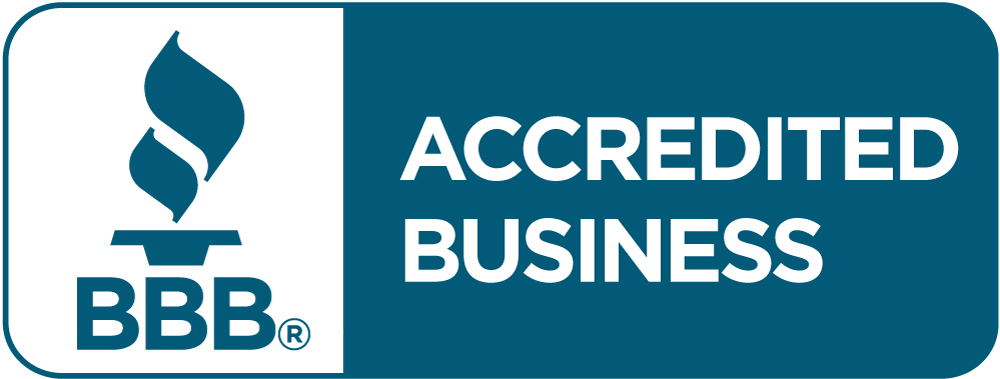Quick Links
ToggleSome claim to provide exclusive lending possibilities with extremely cheap interest rates. Others may offer services such as credit repair or debt relief after you’ve already applied for a loan. All loan frauds, however, attempt to earn your trust. They then try to convince you to pay an advance fee or disclose sensitive information that can be used to steal your money.
These scams are enough to keep you awake at night, but it doesn’t have to be that way. Here are our top seven tips to help you detect small business loan scams and ensure you remain safe.
1. Question Unsolicited Offers
Legitimate lenders will usually wait for you to approach them. Normally, they don’t make cold calls or send unexpected messages to offer you money—especially if you’re not already a customer of their financial company.
If you receive an unsolicited financing offer from a party you don’t know, exercise caution. Ask yourself why they might be reaching out to you, along with how they could have obtained your details. Additionally, trust your gut. If something doesn’t feel right, refrain from replying to the offer. Instead, report, block, and/or delete the correspondence.
2. Understand How Legitimate Lenders Work
If you’re familiar with how genuine and reputable lenders operate, you’ll be able to recognize fraudulent offers more easily. Familiarize yourself with the steps to getting a small business loan, so you’ll be wary of offers not considering your monthly sales or time in business, for example. Additionally, utilize online resources such as government websites, websites from trustworthy financial institutions, and the Zinch blog. These resources will help you to understand more about the loan process.
3. Avoid Random Links
Con artists might try to obtain your personal and financial information by deceiving you into clicking on a link. They may then be able to steal your identity, either by accessing the information on your device or encouraging you to share specific details.
If a link looks suspicious or comes from a questionable source, don’t click on it. Again, simply report, block, and/or delete the correspondence to remain safe.
4. Learn How to Detect Phishing Attacks
Phishing attacks often take place over email. Often, scammers use social engineering tactics to make their emails appear authentic. This might include a request to click on a link, open an attachment, or disclose other sensitive information such as login credentials. Additionally, many phishing attacks try to imitate the logos of government organizations.
Look out for correspondence that:
- Demands urgent action
- Contains poor spelling and grammar
- Uses impersonal greetings
- Has inconsistencies in email addresses, links, and domain names
If you apply for a business loan and the email response requests personal information, be sure to double-check the application reference number and do a thorough verification first.
5. Don’t Authorize Advance Payments
Legitimate online lenders won’t charge you fees until after your loan is approved. While lenders may require fees for loans that are accepted, these fees should be clearly stated up front.
Tricking you into authorizing an advance payment is one of the key small business loan scams. Therefore, exercising caution regarding advance payments is your first line of protection against fraud.
6. Don’t Share Sensitive Information with Unknown Parties
To protect yourself and your business from identity theft, don’t give out personal information like social security numbers or bank statements to anyone that randomly approaches you via email, letter, or phone.
Only disclose this information after you’ve verified the other party’s identity and the offer’s authenticity.
7. Verify a Company’s Contact Information
Legitimate lenders have physical addresses rather than PO boxes. Authentic phone calls should be traced back to the business or government agency that made them. Additionally, genuine emails should come from the sender’s domain—rather than those ending in “@gmail.com”, for example. Finally, website addresses and email domains for government entities should end in “.gov”.
Always perform a thorough internet search to determine if the company is legitimate or not. If in doubt, your state attorney general’s office also keeps track of fraud, including small business administration loan scams.
Need Business Finance? Zinch Can Help
The team at Zinch has been providing fast and convenient financing solutions for small businesses since 2004.
We understand that all small businesses are different and have unique needs. Therefore, we talk to business owners first to understand their needs and offer tailored solutions with the right product and terms.
Contact us at (714) 500-6622 to learn more about your options. You could qualify for up to $250,000 in just 24 hours










